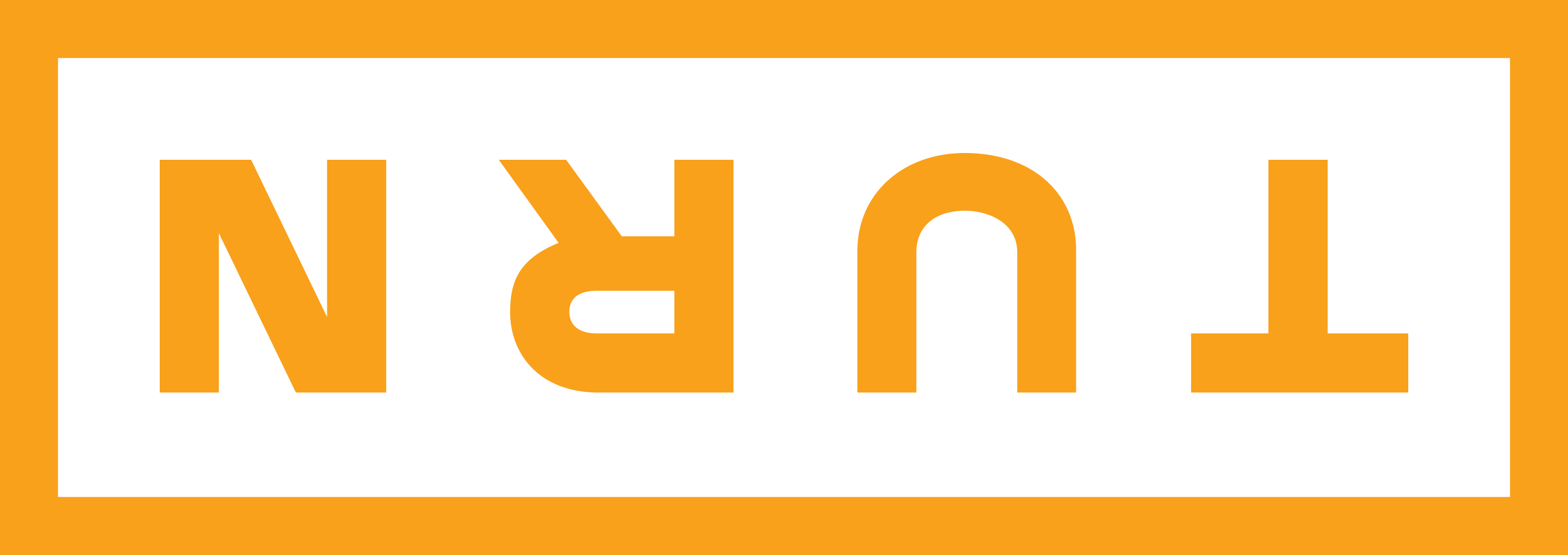Rewards - the secret to eliminating single-use plastic
50,000 single-use plastic bottles and cups are used every second! With only 9% being recycled, that’s a big issue that requires a radical approach to solving.
Over the last decade, TURN has tested dozens of approaches, and we’ve settled on a powerful solution: rewards!

Positive Reinforcement Over Punishment
Rewards programs operate on the principle of positive reinforcement. By offering incentives such as discounts, VIP upgrades, or signed merchandise, rewards create a sense of gratification for returning products. This positive experience makes individuals more likely to repeat the behavior, leading to sustained habits.
In contrast, deposit schemes, which are prominent in Europe, primarily rely on a punitive approach. They penalize consumers by charging a deposit fee (a dollar, euro, or pound added to your drink), often breeding resentment and resistance and longer queues as people line up to get their deposits back.
Gamifying Reuse leads to a 10% Increase in Returns.
Over the last decade, when TURN has implemented rewards programs, we have seen a 10% increase in return rates, with the number of people returning products now consistently over 90%.
This is backed by a peer-reviewed study examining the effectiveness of a reward program encouraging recycling in apartment buildings, which found a 10.5% increase in recycling rates compared to the control group receiving only educational materials. (The Journal of Socio-Economics)
So what is the impact of a 10% increase?
A recent report by Oceana states that just a 10-percentage point increase in reusable packaging by 2030 can eliminate over 1 trillion single-use plastic bottles and cups!
Why Rewards Drive Behavior Change
Dopamine release: Rewards trigger the release of dopamine, a neurotransmitter associated with pleasure and motivation. This creates a positive association between the desired behavior and the reward, making individuals more likely to repeat the behavior in anticipation of the reward.
Social proof: When individuals see others being rewarded for a specific behavior, they are more likely to adopt that behavior themselves due to the perceived social acceptance and potential benefits.
Rewards can overcome initial inertia: Incentives can provide the initial push individuals need to overcome the initial resistance to change and try a new behavior, such as switching to reusable alternatives
What Kinds of Rewards Work?
Incentives matter. Honing in on the right incentive is hard. But they matter to everybody. If each of us knew what motivates the people we want to influence, we could create incentives that change the world around us. At TURN, we tailor rewards to each partnership.
- For Taylor Swift shows - we offer VIP upgrades for the lucky winners
- For Coldplay concerts - the band signed merch and tour posters
- For Starbucks - customers could win up to $250 coffee vouchers
- For Live Nation festivals - we offer food & drinks vouchers for thirsty fans!
All of these rewards drive engagement and most importantly return rates.

Ready to make a difference? Get in touch with TURN here.




